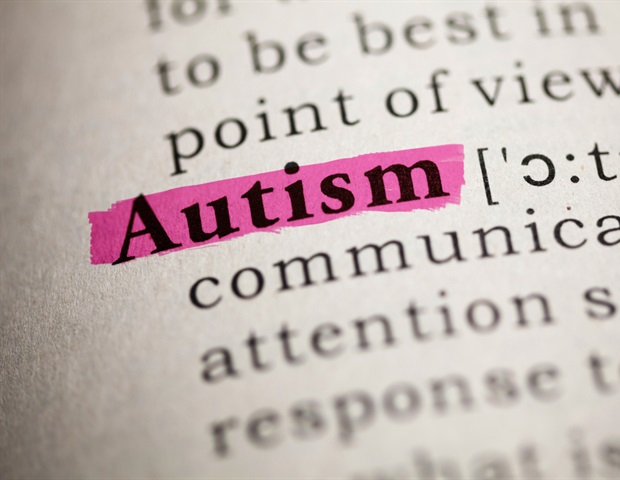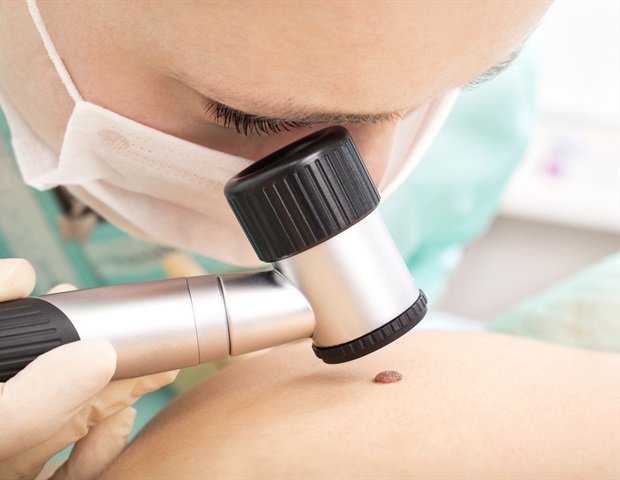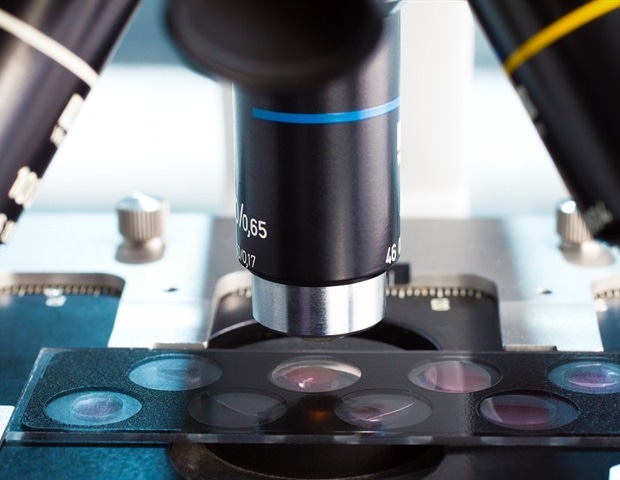University of Queensland researchers have launched a menstrual health teaching guide for classrooms co-designed with Aboriginal and Torres Strait Islander school students.
Kaiwalagal, Umaii and Kiwai woman and Adjunct Lecturer in UQ's School of Public Health Minnie King initiated and led the research to develop 'Mind Your Body'.
People in rural and remote Indigenous communities face a unique set of challenges around menstrual health including better access to period products.
While there is federal government funding for free products in these communities, there is still a need for culturally targeted and timely education about menstrual health.
We worked with Indigenous students in Western Cape York to understand what they wanted to know about menstrual health to ensure the guide addressed gaps in knowledge."
Minnie King, Adjunct Lecturer in UQ's School of Public Health
Mind Your Body includes interactive resources such as quizzes, puzzles, suggestions for classroom activities and conversation starters.
Associate Professor Nina Lansbury said the guide provides free educational support for teachers, students and parents.
"Menstrual health can impact a student's academic performance, health, and quality of life," Dr Lansbury said.
"Stigma or shame around a topic that is just biology holds us back from being able to share knowledge.
"Engaging in conversations around menstrual health can help remove any stigma and is essential to promoting the overall health and wellbeing of individuals and society."
Ms King said there had been a positive shift in attitudes around discussing menstrual health since the project started in 2016.
"In some cultures and settings menstruation may be considered a taboo topic," she said.
"But our work with schools in Queensland's Western Cape showed this isn't always the case.
"We found students respect open and factual conversations so talking about menstruation health as a natural function, and access to period products and infrastructure as a basic human right, was received incredibly well.
"When you create a safe learning space the perceived taboo fades and students open up, fostering a 'period positive' environment for learning."
The teaching guide can be downloaded via the Mind Your Body webpage.

 15 hours ago
3
15 hours ago
3
















.png)

.png)
.png)
.png)













 English (US) ·
English (US) ·  Hindi (IN) ·
Hindi (IN) ·